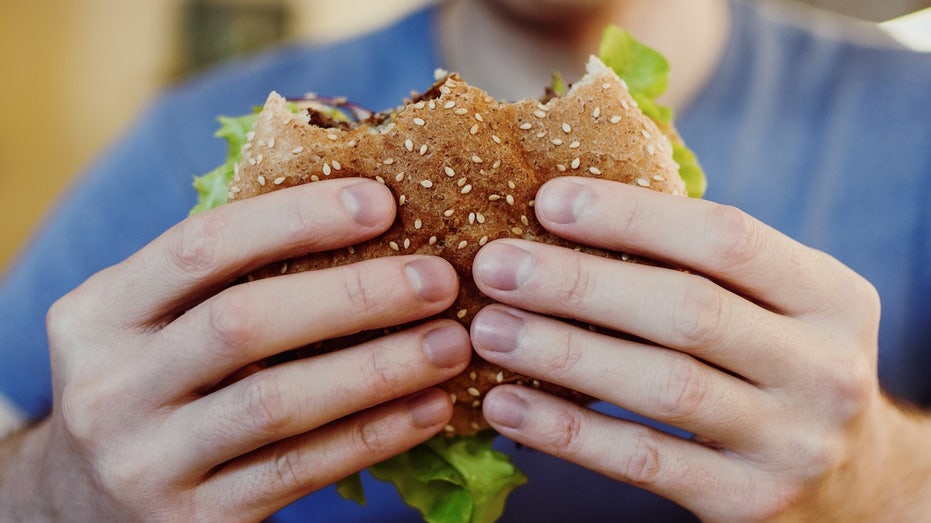A disturbing trend is emerging in the fight against colorectal cancer: diagnoses are increasing in younger adults. New research suggests a surprising culprit behind this rise – the very foods many of us rely on for convenience.
A decades-long study, meticulously tracking the health of nearly 30,000 women, has revealed a strong link between high consumption of ultraprocessed foods and a significantly increased risk of developing precancerous growths in the colon and rectum.
These aren’t simply unhealthy foods; ultraprocessed foods are engineered creations, packed with sugar, salt, saturated fats, and artificial additives. Think ready-to-eat meals, sugary drinks, and heavily packaged snacks – staples in the modern diet.
The study focused on women who underwent multiple endoscopic screenings before age 50. Those consuming an average of ten servings of ultraprocessed foods daily faced a staggering 45% higher risk of developing adenomas – polyps that can be early warning signs of colorectal cancer – compared to those consuming only three servings.
Adenomas themselves aren’t cancerous, but they represent a critical step in the development of the disease. This research highlights the potential for dietary choices to dramatically influence that progression, even before traditional symptoms appear.
Researchers emphasize that the risk appears to increase with each additional serving of ultraprocessed food. It’s not an all-or-nothing scenario; reducing intake, even incrementally, could offer significant protection.
This isn’t the first study to connect ultraprocessed foods to colorectal cancer, but it’s the first to specifically focus on the alarming increase in early-onset cases. This distinction is crucial, as younger individuals often assume they are too young to be at risk.
Even after accounting for other known risk factors like obesity, diabetes, and low fiber intake, the link between ultraprocessed foods and adenoma development remained strong, suggesting a direct and independent influence.
While diet isn’t the sole explanation for the rise in early-onset colorectal cancer, experts believe it’s a significant piece of the puzzle. The complex interplay of factors is still being investigated, but this study provides a compelling new avenue for prevention.
The findings underscore the importance of prioritizing whole, unprocessed foods and being mindful of the hidden ingredients lurking in packaged convenience items. Protecting your health may require a fundamental shift in how you approach your daily meals.
Colorectal cancer remains a major health threat, projected to affect an estimated 154,000 Americans in the coming year. Understanding and mitigating modifiable risk factors, like diet, is paramount in the ongoing effort to reduce its devastating impact.






